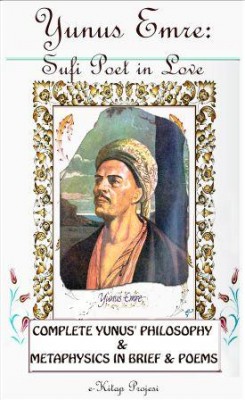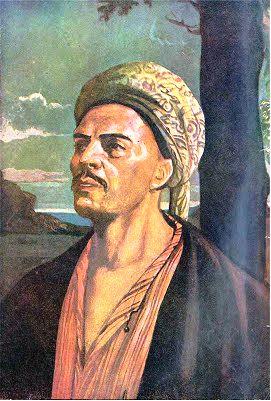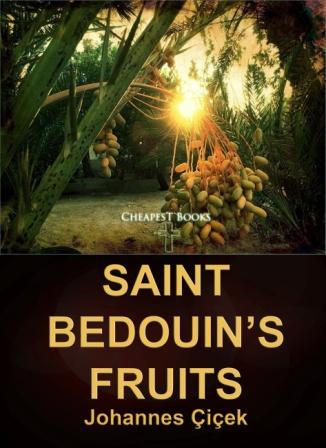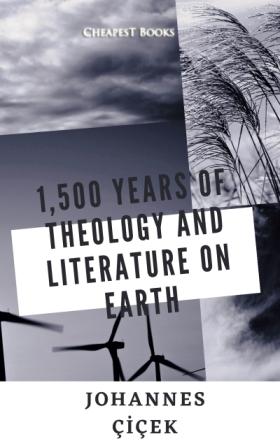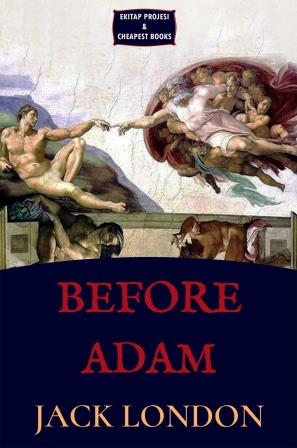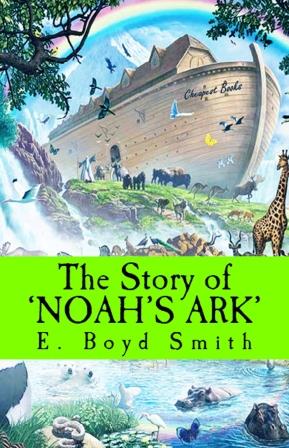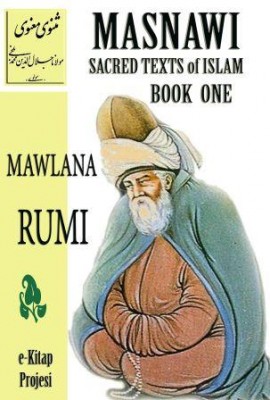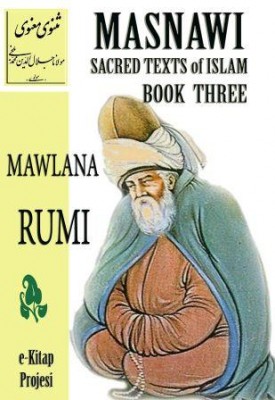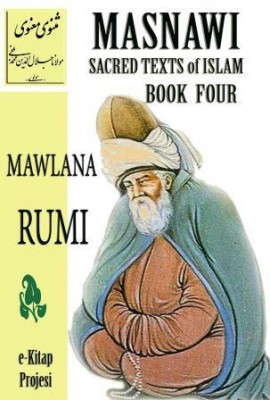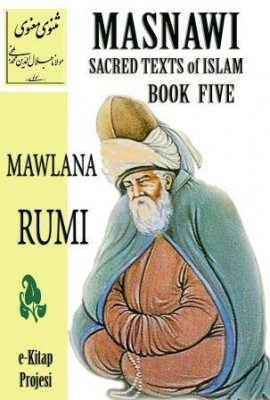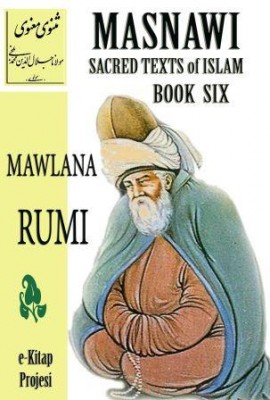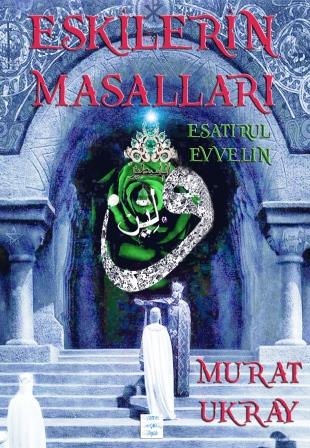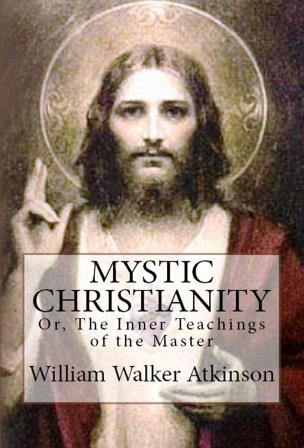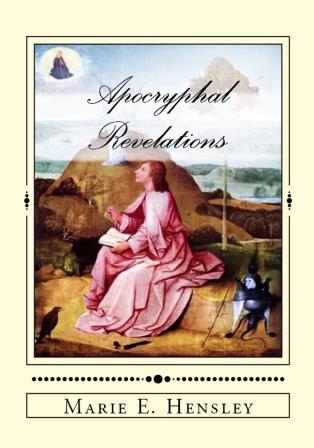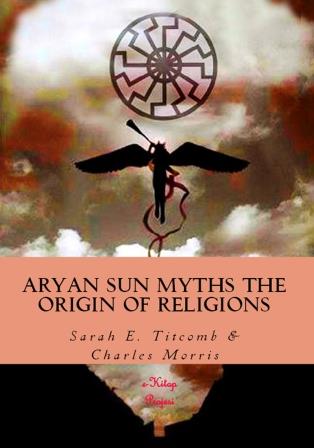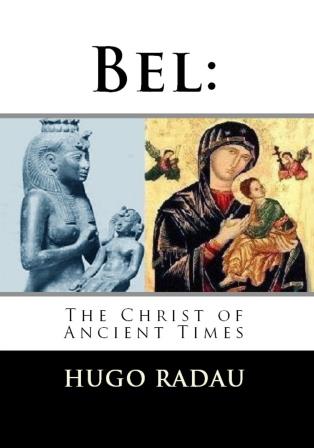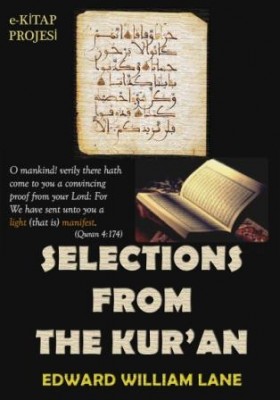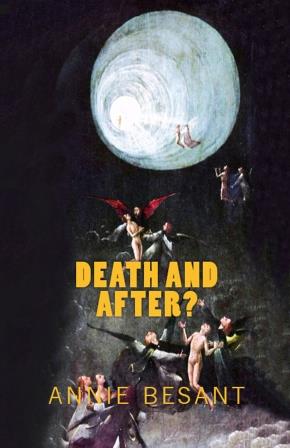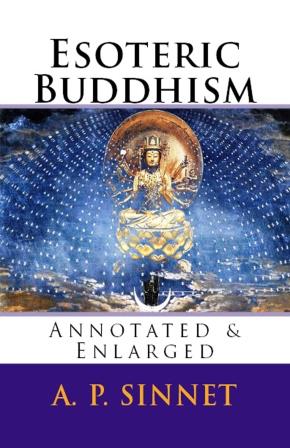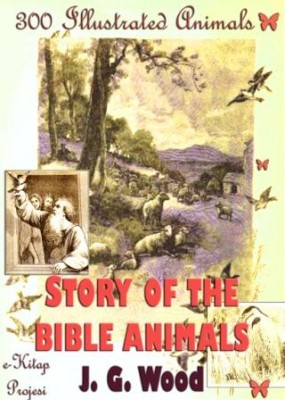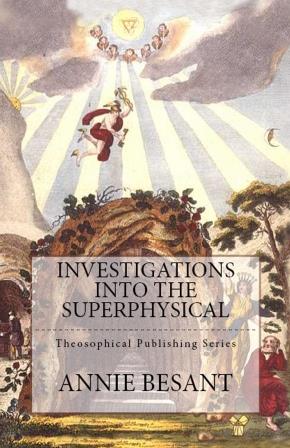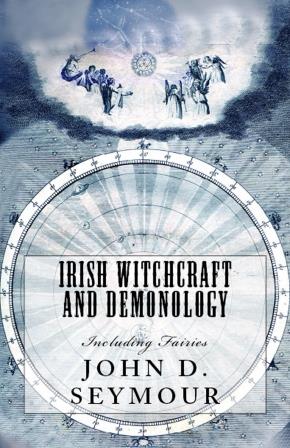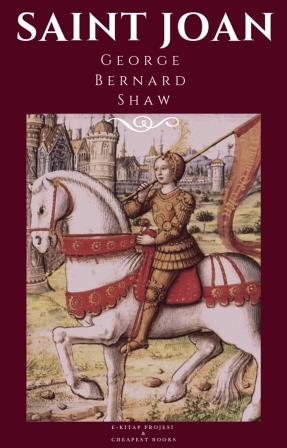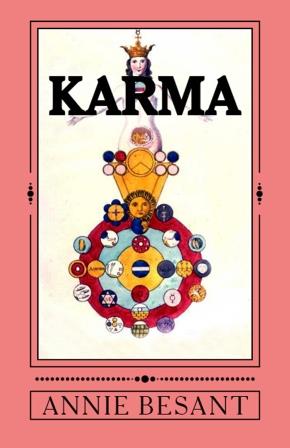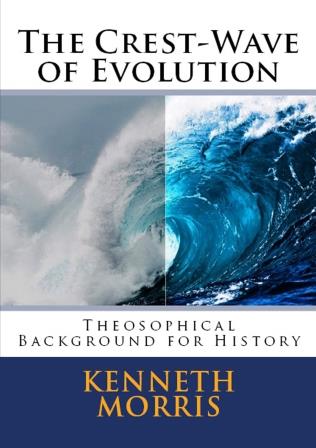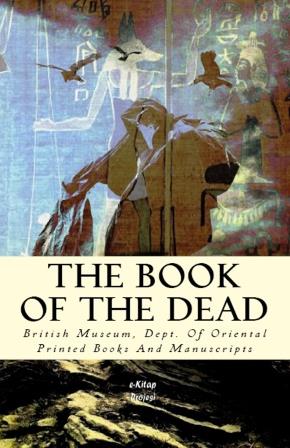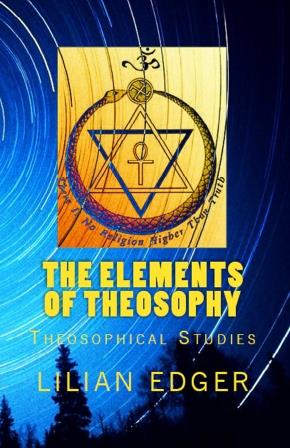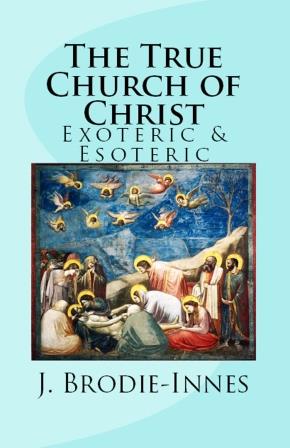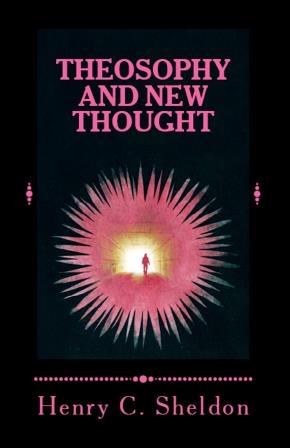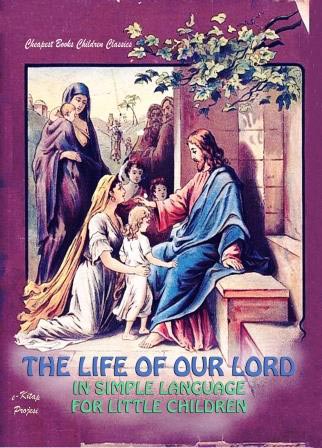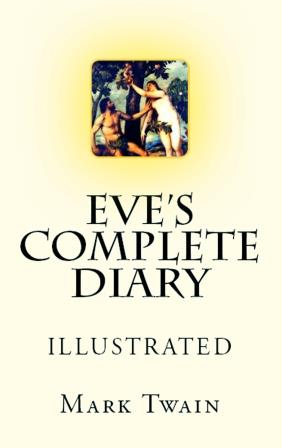About the Author (Yunus Emre)
HIS LIFE
I'm Yunus, mystic of sorrow.
Suffering wounds from top to toe,
In the Friend's hands I writhe in woe,
Come see what love has done to me.
Yunus Emre's life has been the subject of enormous research and debate among both Turkish and foreign scholars. This debate has its roots in his popularity among the Anatolian people. [1][2] Hundreds of villages claim to be his birthplace, many more claim to host his tomb, and different sources place him in different centuries, all dying for the honor of association with this great poet. [2] He likely lived from AD1240-1241 to 1320-21, when he was 82 years old. [2][3] He almost certainly lived in the Karaman (Larende) area and belonged to a family who emigrated from Horasan to the village of Seyh Haci Ismail . The village is believed to have been founded by the head of Yunus’ family Seyh Haci Ismail when they moved to Anatolia with his followers – “cemaat”. [2][4]
The rest of his life – whether he was a wandering dervish or a Seyh of a tekke, his tariqat (or Sufi order), his poetry, and finally his death are all mysteries, with various sources giving various different interpretations. I would take Sabahattin Eyoboglu's [1] approach and try to understand Yunus through legends about his life in Anatolia. As a popular poet, the most important aspects of Yunus' life are not historical details, but how the common people of Anatolia viewed his life. This is revealed very beautifully in legends and poetry; some people even suggest that "Yunus" is actually a school of thought in 13th century Anatolia, not a single person.
Yunus' impact on Turkish culture can be seen in various ways. During the efforts to purify the Turkish language in the 1920's his poetry was a prime example of the dialect of Anatolian peasants.
Chapter I
Yunus Emre In Legends
Books are composed by the sages
Who put black words on white pages;
My sacred book's chapters are all
Written in the hearts that love truly
Turkish culture is full of legends about or attributed to Yunus Emre. One famous story about Yunus Emre describes how he became a dervish. [1][2][5] Young Yunus was a poor Anatolian villager who would starve if the harvest was bad and live like a king when it was good. One day he ran out of seeds for his field; he got on his donkey and collected various wild fruits from the forests in hope of exchanging them for seeds. After a long journey he stopped at Haci Bektas Tekke, the famous tekke (Sufi lodge) of the founder of the most latitudinarian sect of Bektasis of Anatolia. He entered Haci Bektas's room and asked him for seeds in exchange for his wild fruits. Haci Bektas, a grand Seyh and poet in his own right, offered Yunus a "nefes" (a breath of blessing) in return for his fruits. Yunus refused. Haci Bektas then offered ten "nefes" for each handful, but Yunus still refused. To his suprise, Yunus ended up getting as many seeds as he could carry from Haci Bektas after this incident. On his way back to his village, Yunus reflected: "This man must be a noble spirit; how could anyone else be so generous to a poor stranger?". Thus he took the seeds back to Haci Bektas to ask for a "nefes". However, Haci Bektas replied: "I cannot, because I have turned over your padlock to Taptuk Emre.".
